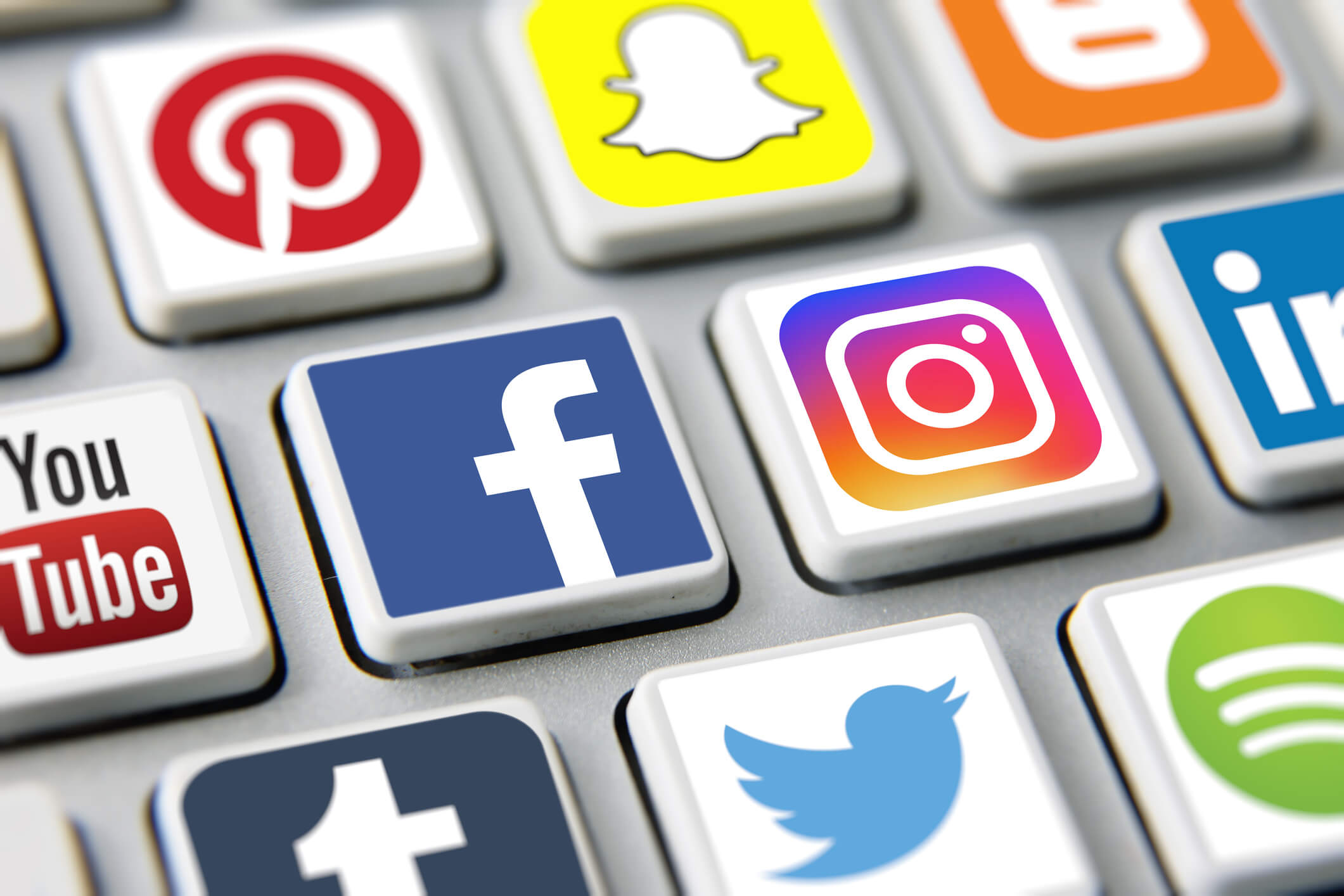advertisement
The Internet, An Emerging Battlefield For Human Rights?

As the internet penetration continues to grow around the world, it is becoming lesser free with basic human rights such as online Freedom of Expression withering under its influence.
Online freedom of expression has featured highly on the diplomatic agenda in the past as an important issue for the United Nations Council of Human Rights, and for regional intergovernmental bodies such as the Council of Europe. It has also been discussed at numerous internet governance-related processes. But as the human need to increasingly rely on the internet grows, online rights have continually been abused. This calls for stakeholder intervention.
Digital technologies can always penetrate longstanding restrictions, carving out a limited space for freedom online. It is, therefore, important to protect net users against potential crimes and abuse of their freedoms and rights online beyond mere constraints.
advertisement
The freedoms of expression online, access to information, privacy and association and assembly as enshrined in international covenants are fundamental to the upholding of liberal democratic values.
The Freedom House states that given the emerging battleground for human rights, Freedom on the Net measures internet freedom in order to identify threats to rights and opportunities for positive change.
This report advocates for an internet characterized by freedom, openness, safety, and security for all.
advertisement
Freedom online
Online freedom or freedom on the net, if you wish, measures the subtle and not-so-subtle ways that governments and non-state actors around the world restrict human rights online.
“In the Guide to Human Rights for Internet Users adopted on 16 April 2014, the Committee of Ministers of the Council of Europe laid down the basic framework of principles to protect the fundamental human rights guaranteed by the European Convention on Human Rights for all internet users,” reads part of the Freedom House’s guide on human rights.
advertisement
The guide emphasises that the protection of the right to freedom of expression, access to information, the right to freedom of assembly, protection from cybercrime, the right to a private life, and the protection of personal data must equally be protected online as offline.
Discrimination and Hate Speech Online
GSMA describes online discrimination and hate speech as any speech that incites violence or prejudicial action against an individual or group, on account of features such as race, gender, age, or disability.
It further details that online content or behaviour which shows discrimination or prejudice against others includes discriminatory materials or websites online, as well as discriminatory comments which have been made by a group or individual online.
The Oxford Dictionary defines digital/online discrimination as entail treating individuals unfairly, unethically, or just differently based on their personal data that is automatically processed by an algorithm and notes that digital discrimination often reproduces the existing instances of discrimination in the offline world by either inheriting the biases of prior decision-makers or simply reflecting widespread prejudices in society.
Violations of User Rights
In April 2020, the United Nations Office on Drugs and Crime referred to Kenyans on Twitter, popularly known as #KOT , as the most vicious online bullies. The report describes #KOT as a community of bullies. They are known to bully both the mighty and powerful, even their own.
The president of the Republic of Kenya fell victim to #KOT’s grueling. President Kenyatta was forced out of his Twitter account for what he said was unhealthy criticism hurled at him, laced with obscenities.
“Ata twitter niliondoka huko nikaona hiyo kitu ni bure ni matusi tu,” noted President Kenyatta said at a past function in Nairobi. This loosely translates to, “I quit Twitter because I didn’t see its benefit other than the insults.”
When his account was deactivated, he was one of the most followed African leaders on Twitter. His handle @UKenyatta had around 3.62 million followers.
Remedy
The European Convention on Human Rights guide on Effective Remedies outlines that individuals have the right to an effective remedy when human rights are restricted or violated.
“National authorities are obligated to protect internet users from criminal activity committed on or using the internet. Internet service providers, online content providers, and other companies and public authorities should also provide easily accessible information about rights and possible remedies,” it states.
This remedy should however not necessarily resort to immediate legal action, and it should be accessible and affordable.
“Public authorities must respect and protect this right, and any restrictions must pursue a legitimate aim in accordance with the European Convention on Human Rights,” the report continues.
The freedom to express and access information and opinions extends to those which may offend, shock, or disturb others as long as they do not incite discrimination, hatred, or violence. All individuals and groups must respect and protect this right.